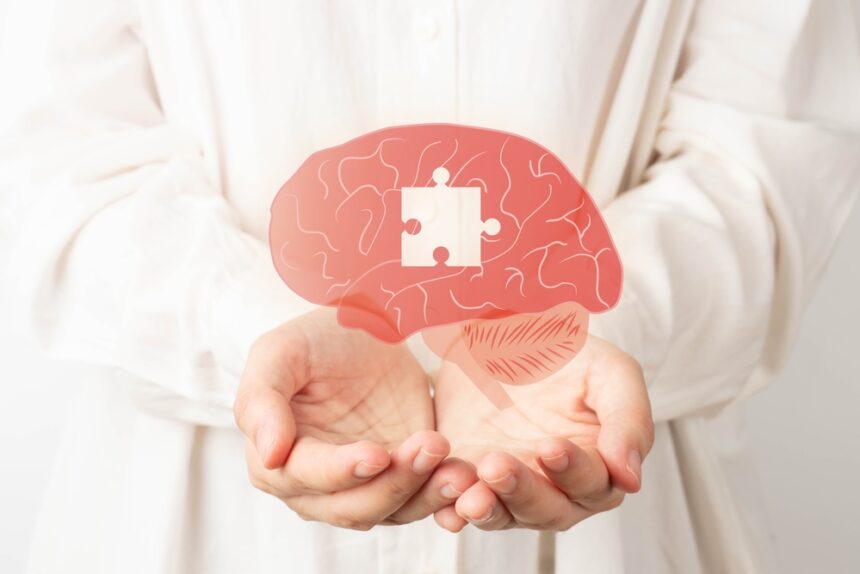When you think of an injury and the relevant laws, the first thing that comes to mind is damage to bones and muscles. However, getting injured in an accident often has mental health effects, which are almost as severe as the physical ones. In this regard, the personal injury law also includes mental harm caused due to someone else’s negligence.
The overlap of mental health and injury law is complex but understudied. In this article, we’ll look into the importance of addressing both psychological and physical health in personal injury cases and the role injury attorneys play in such cases.
The Link Between Physical and Emotional Injuries
Any injury-causing experience or accident can be traumatic in more ways than one. Individuals suffering from physical injuries are susceptible to a range of mental health issues such as anxiety, depression, and especially PTSD (Post Traumatic Stress Disorder). A survey was conducted in the UK with 668 injured individuals to determine the correlation between physical injury and mental health. They found that if the pain persisted after a month, patients’ depression levels began to rise. The more nights someone spends in the hospital, the more susceptible they are to negative thoughts.
Pain, having to ask others for help with your daily chores, and spending time in hospital beds can all be contributing factors to a decline in mental health after a physical injury. Reduced mobility can also lead to an inability to leave the house or socialize with people. You might also have to take time off from work. Too much free time on your hands makes you feel like your time is going to waste. That can also give rise to a host of psychological problems and negative thoughts. Poor mental health can lead to slow physical recovery rates and vice versa.
The Role of Injury Attorneys and Mental Health
Injury attorneys can play a significant role in advocating for both the physical and mental repercussions of an accident legally. These legal professionals represent individuals who have suffered any loss or arm under the personal injury law.
With the recent rise in mental health awareness, personal injury cases have now begun to include psychological harm as part of the suffering caused by an accident or injury. However, the requirements of such claims are more complex than traditional physical injury claims.
Expert witnesses and psychological evaluations are required to confirm the validity of any mental distress claims for a case. There’s also an ethical component to this, as being part of such a case might put pressure on the client and worsen their mental condition if it does not go well. Injury attorneys have a responsibility to make sure that they present adequate evidence for the clients’ claims and negotiate for fair compensation for both the mental and physical injuries that they suffered due to someone’s negligence.
Endnote
Mental health claims in personal injury cases are relatively new and are a broader landscape. These cases now recognize that psychological problems after a traumatic accident are just as significant as physical ones. Victims of such accidents deserve fair compensation for both the physical and mental harm.
If you suffer from emotional distress after an accident under the personal injury law, contact a mental health professional and an injury attorney to guide you through the legal process and get you on the path of recovering and healing from the incident.

